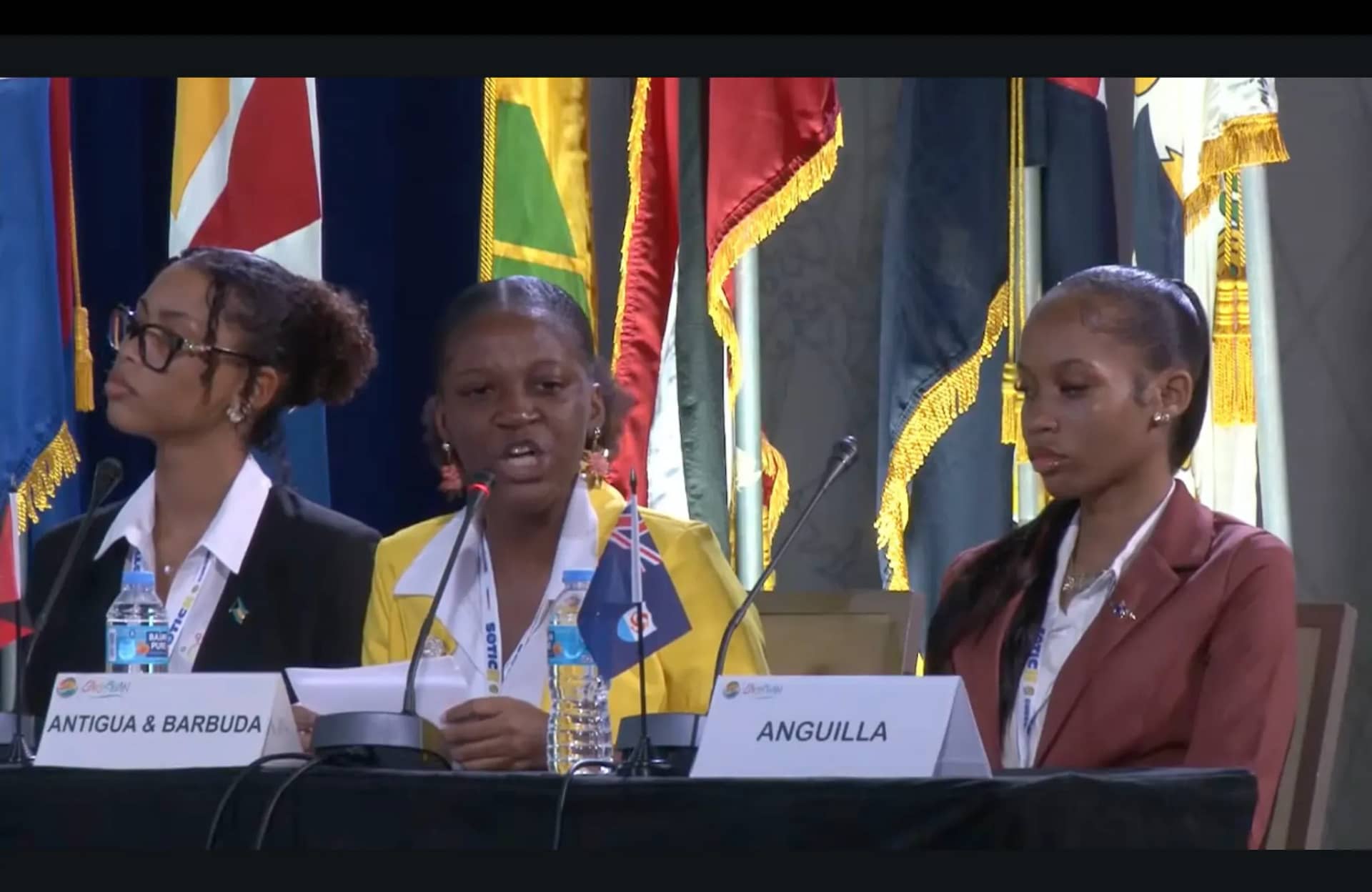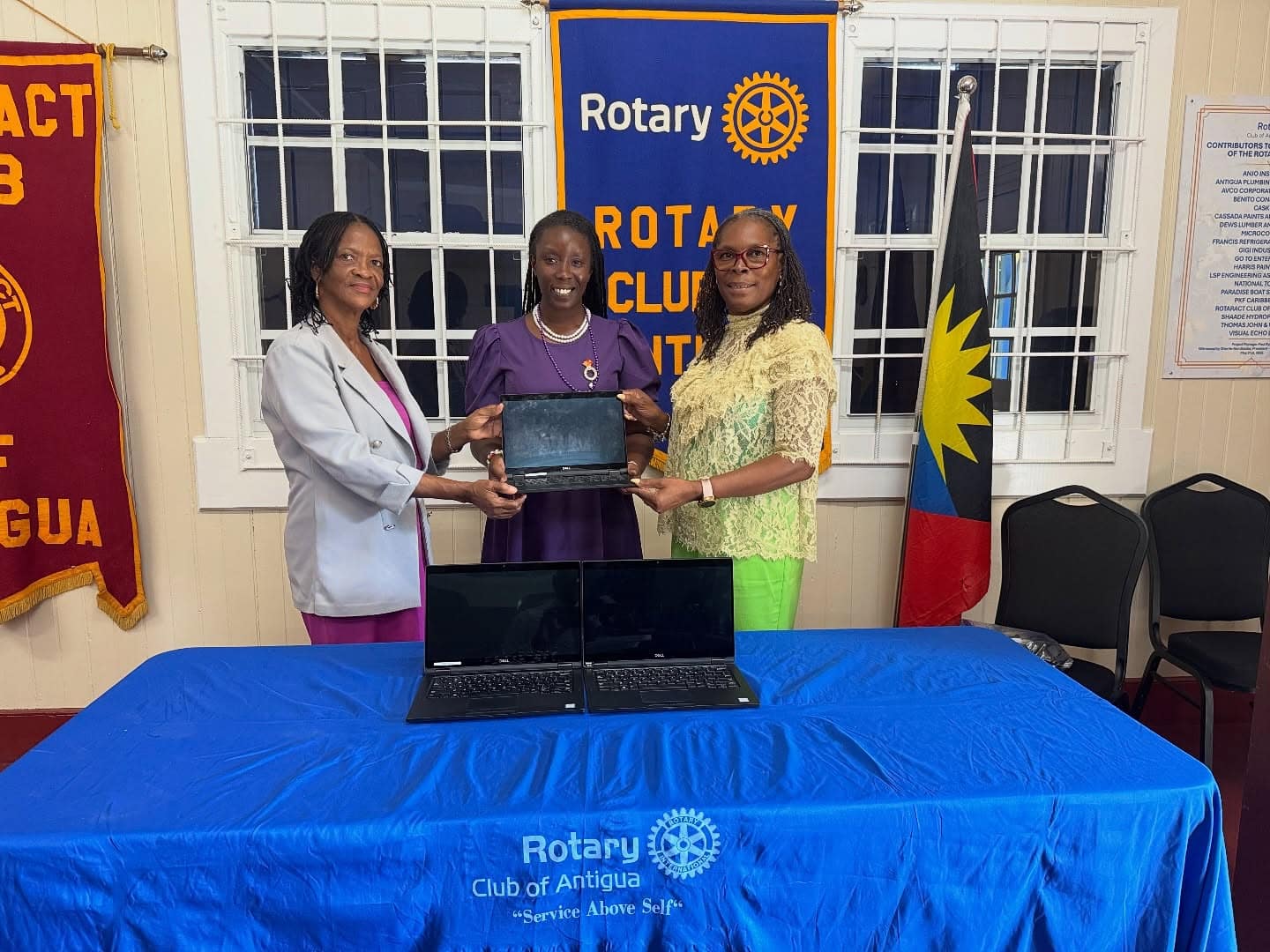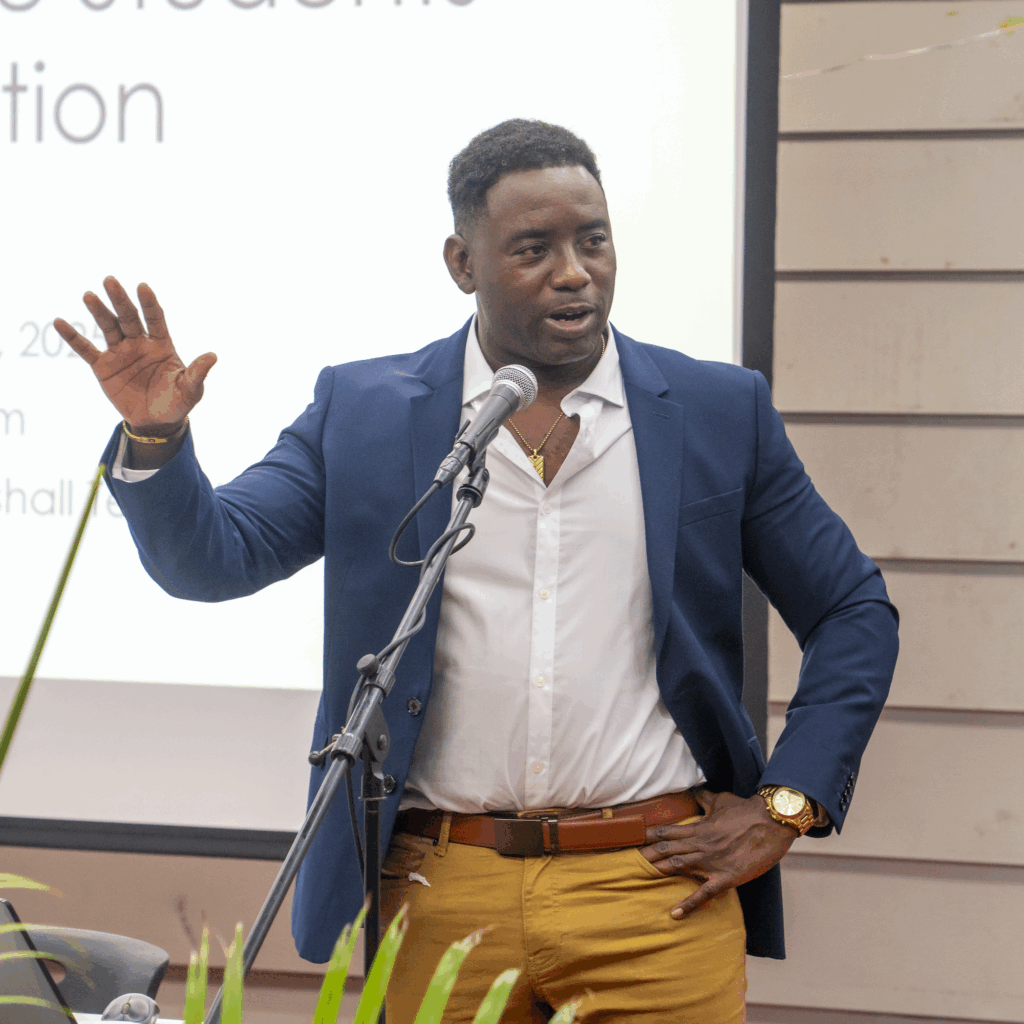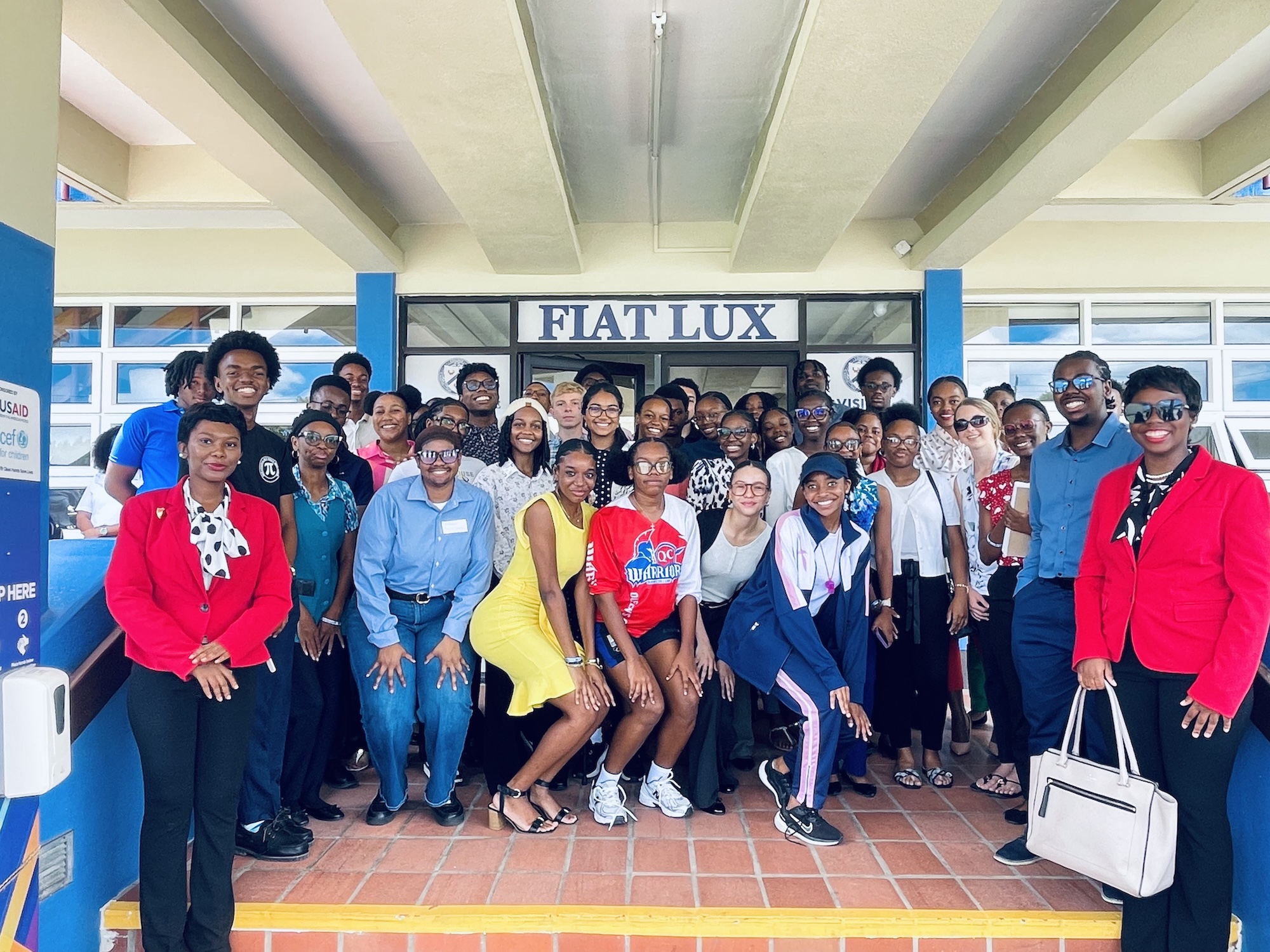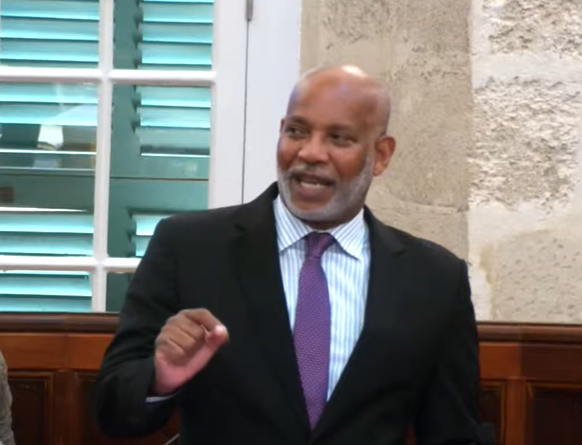The Antigua and Barbuda Meteorological Service has issued an excessive heat warning, alerting residents to dangerously high temperatures expected to persist across the islands through Sunday. The advisory, active daily from 8:30 a.m. to 4:30 p.m., highlights that the heat index—a combination of temperature and humidity—could soar to 43°C (109°F). Meteorologists attribute the extreme conditions to a mix of high temperatures, elevated humidity, and light winds, which collectively create ‘dangerous heat stress conditions.’
While the risk level is classified as medium, the service warns that the heatwave could lead to severe health issues, including heat cramps, exhaustion, and potentially life-threatening heat stroke. Vulnerable groups such as the elderly, young children, individuals with chronic illnesses, outdoor workers, and low-income or homeless populations are particularly at risk.
Authorities have urged residents to take precautionary measures, including staying hydrated, limiting outdoor activities, checking on vulnerable family members and neighbors, and seeking shade or cool areas if feeling unwell. They also emphasized the importance of recognizing symptoms of heat stroke, such as confusion, fainting, or dangerously high body temperature, and immediately contacting emergency services if these signs appear.
Updates on the situation will be provided on the official website antiguamet.com and through the meteorological service’s social media channels. Residents are encouraged to stay informed and take necessary steps to protect themselves and others during this extreme weather event.

